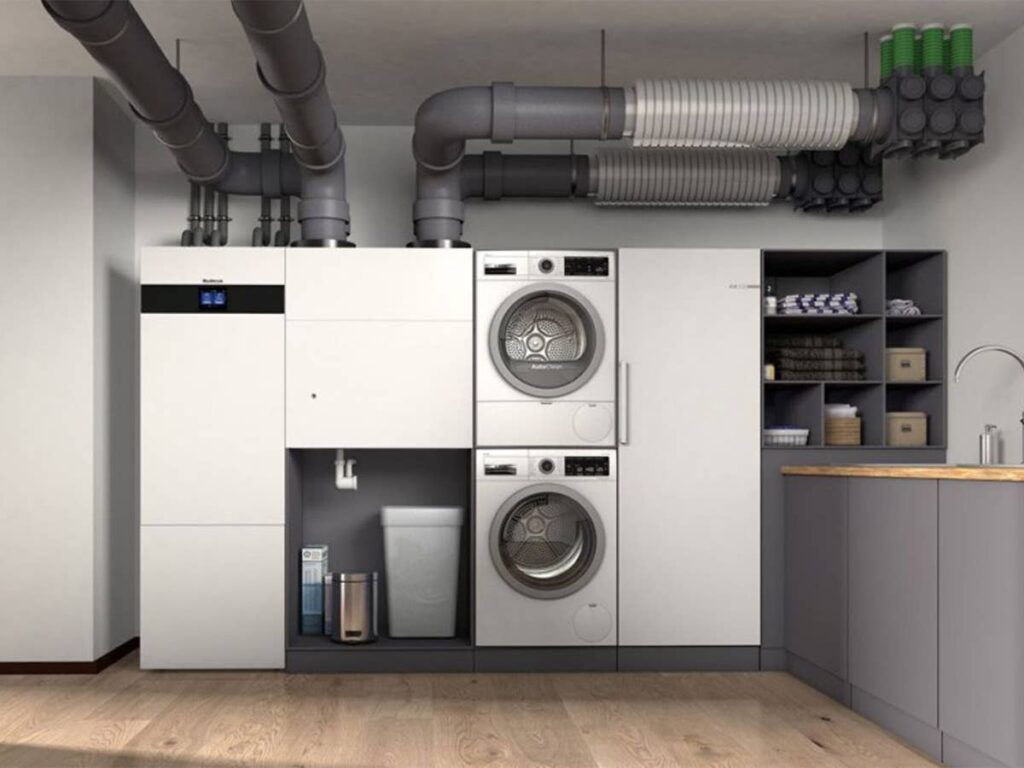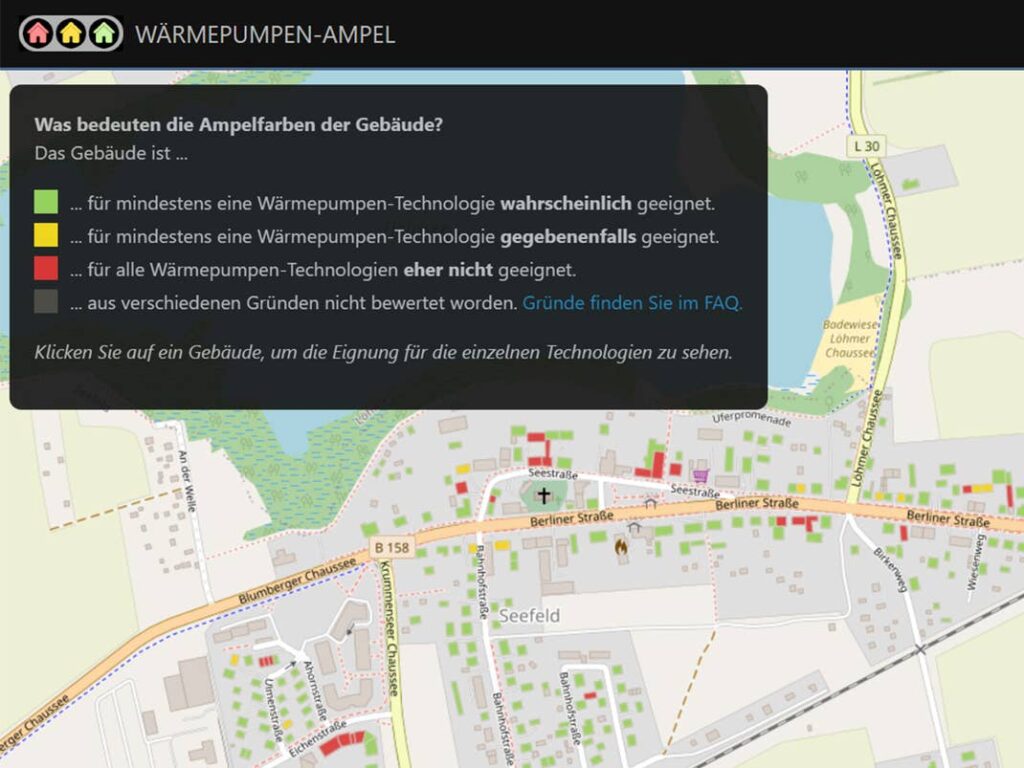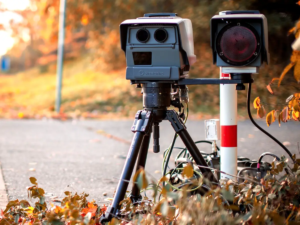Interest in heat pumps has increased immensely since the start of the energy crisis. Fortunately, around 75 percent of all residential buildings in Germany are suitable for at least one type of heat pump. Thanks to the interactive map of the heat pump traffic light, you can find out what applies to your home.

Heat pumps are enjoying increasing popularity. This year alone, numerous households have switched from fossil fuels to heat pumps. Around 75 percent of all residential buildings in Germany are suitable for heating with at least one type of heat pump. The interactive map of the heat pump traffic light gives you an initial assessment of what applies to your property.
HEAT PUMP TRAFFIC LIGHT – INTERACTIVE MAP PROVIDES INFORMATION ON THE FIRST ASSESSMENT
Interest in heat pumps has increased since the start of the energy crisis. This year alone, numerous households have switched to the better heating alternative . Unfortunately, the increased demand for heat pumps can currently only be met with long waiting times. Interested parties currently have to wait six to twelve months for their heat pump to be installed. According to the Federal Association of Heat Pumps, waiting times of one to two years are even possible. At the same time, more and more households are to receive heat pumps so that heating in Germany becomes independent of gas imports . The good news: Around 75 percent of all residential buildings in Germany are suitable for at least one type of heat pump.
The heat pump traffic light initiative would like to give you an initial overview here. There is an interactive map on the websiteavailable, with which you can directly check which types of heat pumps are suitable for your home. All you have to do is enter your postal code to view the evaluation of your area. Properties marked in green are probably suitable for at least one type of heat pump. Areas marked in yellow indicate that the property may be suitable for the installation of a heat pump. If the areas are marked red, the address is not really suitable for heat pump technology. However, the initial assessment cannot replace a precise examination of the local conditions. It only serves as a rough guide.

Germany is pursuing high goals for the expansion of heat pumps. In total, half a million heat pumps are to be installed in Germany every year from 2024 . The technology offers great advantages, as it not only heats much more climate-friendly , but also guarantees additional independence from third countries. The Ukraine conflict alone clearly showed how dependent we are on external energy imports. Many neighboring countries in the EU are already demonstrating how well heating with heat pump technologies can work. In Sweden alone, heat pumps cover around 90 percent of the heating market and have been used effectively there for decades.
FREE INFORMATION MATERIAL ON HEAT PUMPS FROM THE WÜSTENROT FOUNDATION
For those interested in heat pumps, the Wüstenrot Foundation has provided a free guide that covers the most important questions. This includes well-known questions such as whether heat pumps can work in existing buildings. Or how to run a heat pump efficiently with radiators. The free guide can be downloaded as a PDF version here . A print version of the guide was also available, but due to high demand the print version is currently out of print.
The potential for heat pumps in Germany is great. According to evaluated data from around 17 million buildings in Germany, the following are suitable:
65 percent for air heat pumps
47 percent for geothermal heat pumps
37 percent for solar ice storage heat pumps
24 percent for ground collector heat pumps
Many buildings therefore have the option of installing several types of heat pumps. The market share of heat pumps in Germany is currently still too small. There are a total of around 1.4 million heat pumps, compared to 14 million gas heaters . By 2030, on the other hand, there should be six million heat pumps. Because of the long waiting times, it is already worthwhile finding out more about the possibilities for your home.


